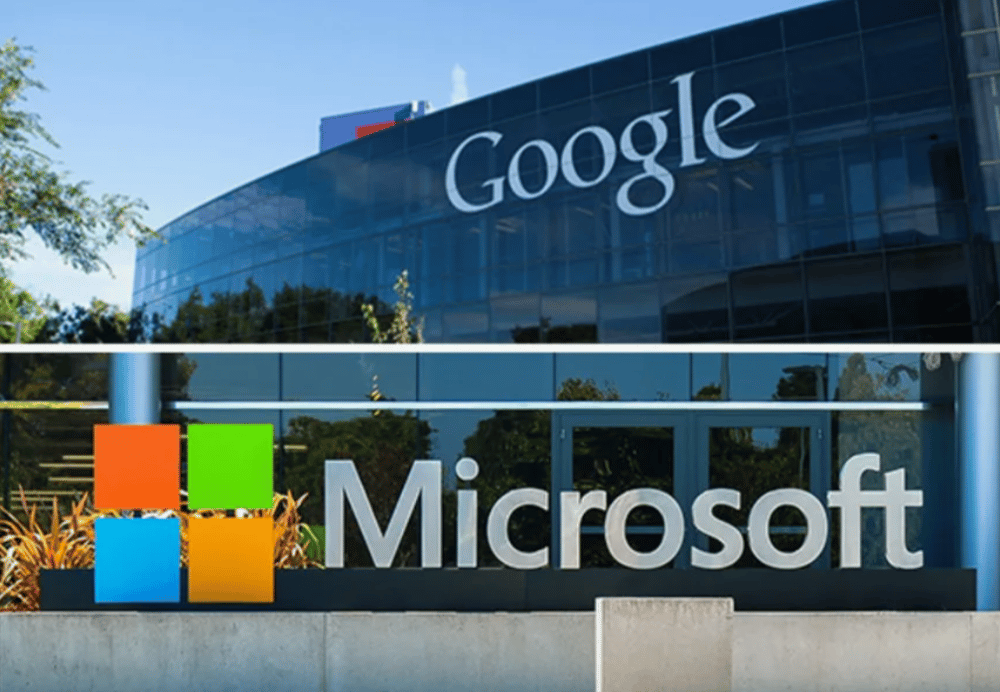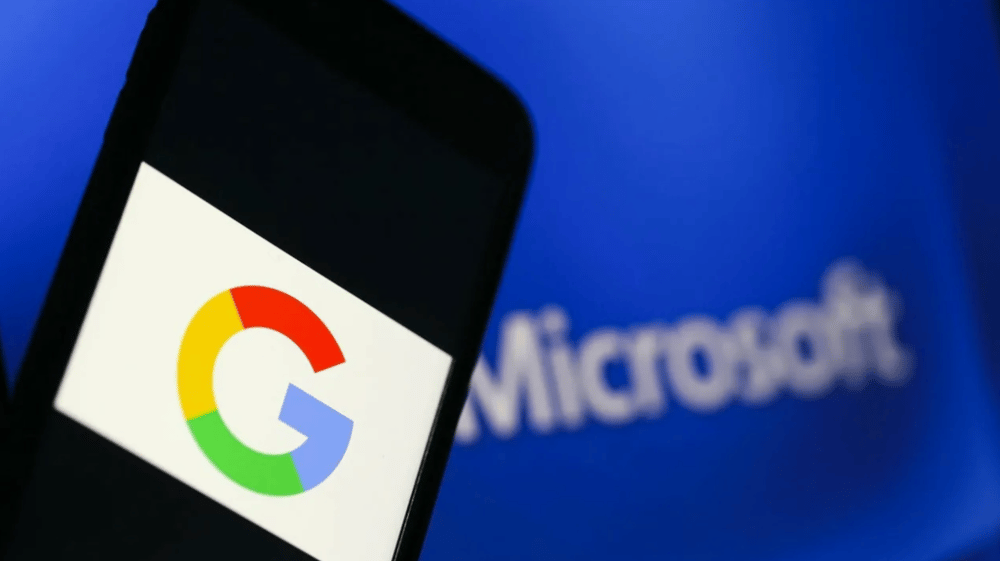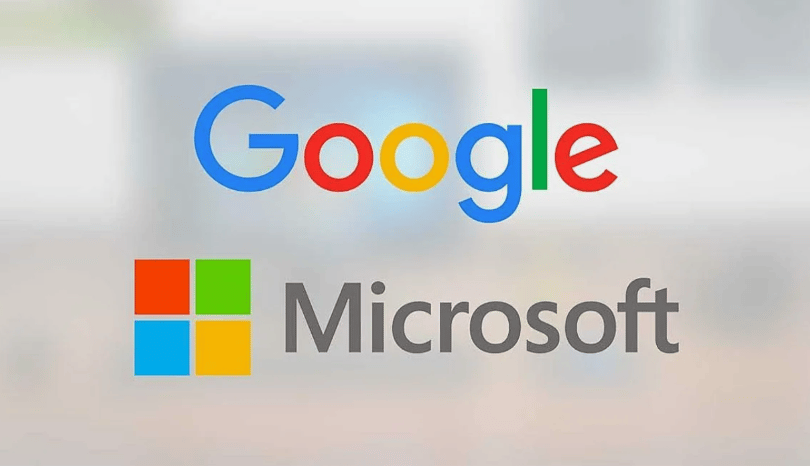Related Articles
US Equities Hold Steady Amid Sector Divergence and Mixed Economic Signals
At midday on Wednesday, the primary US stock benchmarks signaled stability despite divergent sector performance and underwhelming macroeconomic readings. The S&P 500 $^SPX hovered near the flatline, with five of its 11 sectors posting gains. The tech-heavy Nasdaq 100 $^NDX inched up by 0.1%, brushing aside headwinds from the softening labor market and subdued service sector output. The Dow Jones Industrial Average $^DJI was unchanged, reflecting restrained investor sentiment.
Victoria’s Secret Website Outage Highlights Growing Cybersecurity Challenges in Retail Sector
Victoria’s Secret $VSCO reported a significant cybersecurity incident that forced the company to temporarily shut down its e-commerce website and corporate IT systems last week. The shutdown, which began on May 26 and lasted until May 29, was implemented as a precautionary measure to prevent unauthorized access and mitigate potential network threats. This event underscores increasing cybersecurity risks confronting retail companies reliant on digital platforms for sales and customer engagement.
Cartier Website Data Breach Highlights Rising Cybersecurity Risks for Luxury Retailers
Luxury goods manufacturer Cartier, owned by Richemont $CFR.SW, disclosed a cybersecurity breach involving unauthorized access to its website, resulting in the theft of some customer data. This incident, confirmed through a customer notification email obtained by Reuters on Tuesday, underscores an increasing trend of cyberattacks targeting high-profile luxury retailers. Recent similar breaches reported by major brands including Marks & Spencer $MKS.L and Victoria’s Secret $VSCO highlight growing vulnerabilities within the retail industry’s digital infrastructure.








Absolutely agree. A sale of this scale could significantly influence how automation progresses in the tech industry.
This sale could play a critical role in shaping the future of automation within the tech sector.